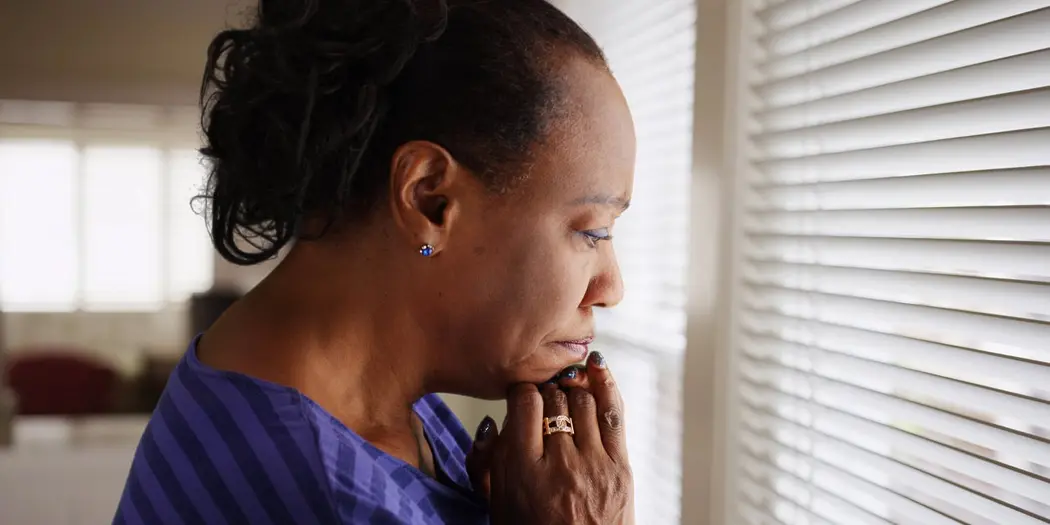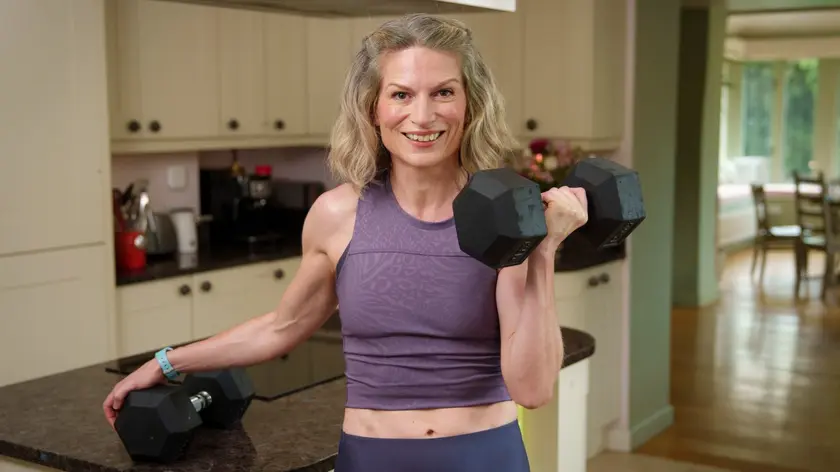T4K3.news
Menopause reshapes midlife marriages
New data show more divorces among adults 50 plus as menopause prompts clearer life decisions and shifts in relationships.

A look at how menopause and perimenopause influence relationship choices and the rise of divorces among women over 50.
Menopause reshapes midlife marriages
Divorces among people aged 50 and older are rising even as overall divorce rates fall. A Bowling Green State University study shows the share of 50+ divorces grew from about 10% in 1990 to almost 25% in 2019, a period that also saw more women experience perimenopause and menopause. The trend is linked to clearer thinking about life choices and a willingness to end marriages that no longer feel right. The article highlights women like Melissa McClure who describe an awakening during perimenopause that leads to divorce, challenging the idea that menopause is simply a life stage with symptoms to endure.
Medical professionals say menopause does not cause divorce by itself, but it changes how women experience stress and relationships. Dr. Sameena Rahman notes that many women still love their partners yet feel irritable or fatigued in ways that strain a marriage. Therapists describe how women often shoulder a heavy mental load and how shifting hormones can push couples to reassess their partnerships. Advocates point out that men often misattribute these changes to mood alone, obscuring the need for healthier communication and shared responsibility. Some women pursue hormone therapy and other treatments, which several experts say can ease symptoms and improve relationship dynamics. The article also notes that misdiagnosis of menopause as depression is common, underscoring the importance of proper diagnosis and open dialogue with doctors and partners.
Key Takeaways
"I’m wide awake to the possibility of what my life can be and it doesn’t include you."
Melissa McClure describing her decision to divorce during perimenopause.
"Life is too long not to be with someone I respect."
Katy Viva on choosing happiness after divorce.
"We hear this narrative from men. My wife is crazy."
Alyx Coble-Frake on public myths about menopause and divorce.
"They might still love their husbands but they also hate them and no longer can put up with things."
Dr. Sameena Rahman on how menopause changes relationship dynamics.
This trend reflects a broader shift in how midlife relationships are evaluated. Menopause is becoming a catalyst for women to reclaim autonomy and set boundaries that were harder to assert when child care and work demands were higher. The conversations around hormone therapy and partner involvement signal a push for better medical and emotional support at home. Yet the coverage of menopause treatment and the changing narratives around divorce remain uneven, which could widen disparities if access to care and education isn’t expanded. The piece hints at a cultural transition: once seen as a private issue, menopause is increasingly framed as a public health and relationship topic that requires both partners to adapt.
Highlights
- I’m wide awake to the possibility of what my life can be and it doesn’t include you.
- Life is too long not to be with someone I respect.
- We hear this narrative from men. My wife is crazy.
- They might still love their husbands but they also hate them and no longer can put up with things.
Sensitive topic risk around menopause and divorce
The piece discusses personal relationships and medical treatment decisions that could provoke backlash or misinterpretation. It touches on gender norms and health guidance.
As awareness grows, health care and home life must adapt to support women choosing a new path at midlife.
Enjoyed this? Let your friends know!
Related News

Study reveals poverty's impact on women's memory decline

Study reveals health benefits of ageing

Experts recommend dietary changes for midlife health

New study links sleep quality to heart disease in women

Midlife aging shift identified

Bertha Russell reshapes high society at Newport

Midlife weightlifting gains attention

Father's brain tumour causes relationship turmoil
